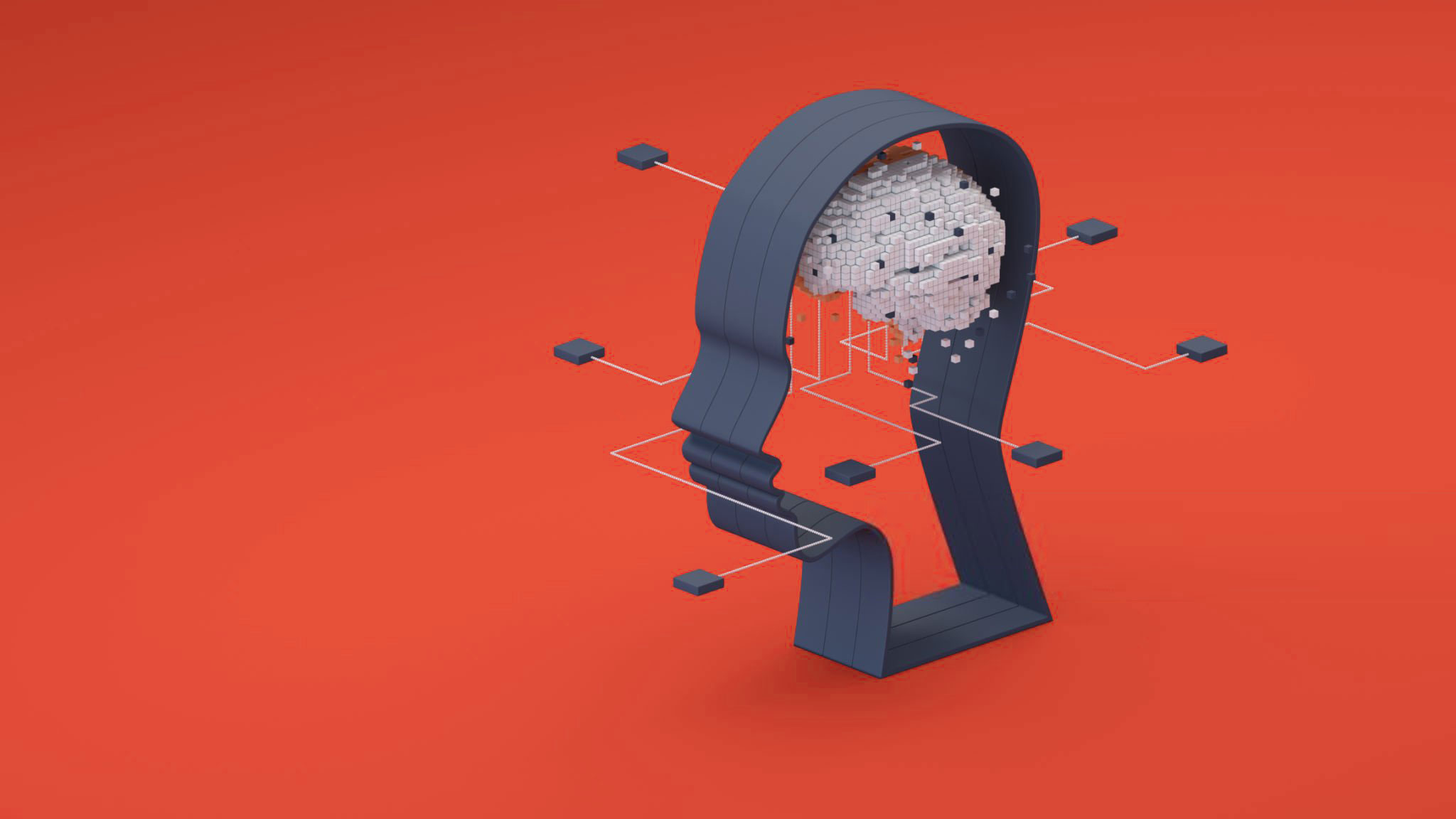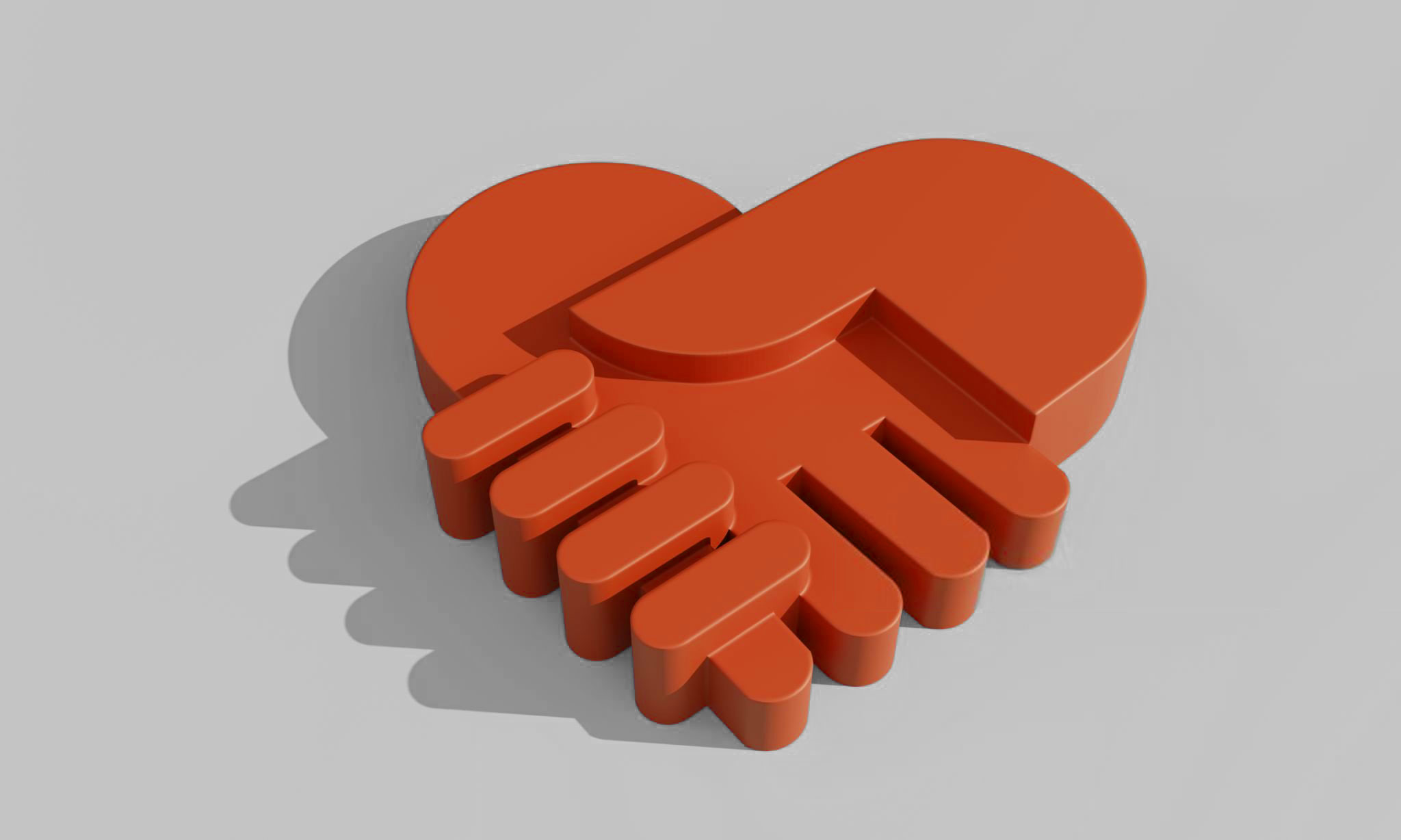AI Replaces Anyone But HR
The power of AI cannot be denied as millions of jobs around the world are being taken over by this technology. Will HR – a job with direct interactive expertise of humans could be replaced by AI?

AI knows many things...
"Currently, 300 million jobs can be degraded by AI" - a statistic presented by Goldman Sachs, a leading American banking firm updated in its latest global economic research report.
According to Goldman Sachs, AI can automate 25% of all jobs in the labor market. Administrative, legal, and architectural professions are the top three industries with high AI replacement rates, reaching 46%, 44%, and 37% respectively.
AI can not only process massive amounts of data and make the process faster, more accurate but now, it is also one step closer to human resources management – an area that requires the direct interactive expertise of humans.
Notable examples include HireVue - a recruitment platform that applies AI to optimize the candidate interviewing process. From video interviews, this platform can identify and analyze the tone of voice, word choice, body language, and candidate responses to determine the best fit for the organization in terms of skills and other cultural aspects.
In another case, a technology startup - Fuse AI is developing a tool to optimize employee performance based on artificial intelligence. This tool will capture all employees' feedback, suggestions, and emotions within a team, then analyze the data for HR.
According to Mr. Jack Nguyễn, Deputy CEO of Talentnet, AI's role is to help humans, not replace them. Mr. Jack believes that the rise of AI will restructure the workforce into two different groups.
The first group is the AI/technology workforce. This group can replace jobs such as customer service, data analysis, and basic office computer skills to optimize performance and improve efficiency.
Different from the first one, this second group is difficult to replace since it consists of employees with fixed roles and peculiarities of work. HR belongs to this group since they are able to hold more precise and comprehend decisions regarding the workforce and the organization. As HR is also human, they can provide better solutions for complex situations with emotional regconition and empathy – which AI is incapable.
For example, an AI-powered HR system can find candidates based on factors that align with the company. However, HR professionals will be able to judge potential candidates better with their deep understanding of the company's culture and needs.

… But can only HR understands the workforce
According to Mr. Jack, HR involves dealing directly with employees. They can analyze data and context and detect employees and the organization’s unspoken thoughts.
"The rise of AI provides us with many choices to optimize repetitive tasks. There is still space for human beings in many areas that require critical thinking and comprehensive evaluation, such as analysis, decision-making, and goal planning. AI is the driving force for HR to continue learning, updating with new skills and expertise to adapt to this changing world," concluded Mr. Jack.
However, we should not exclude the possibility of AI might make a big step closer to HR. Therefore, HR should leverage AI to optimize work performance and harness capabilities that machines cannot replace.
Source: Báo Đầu Tư